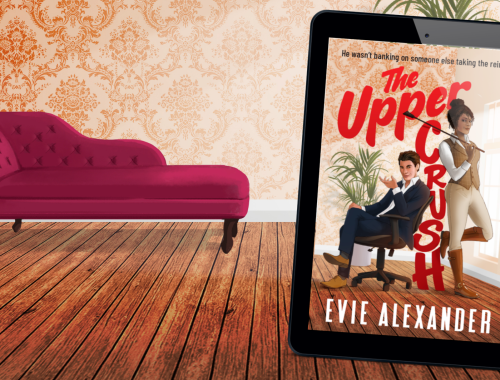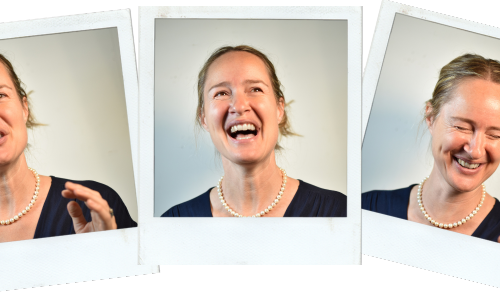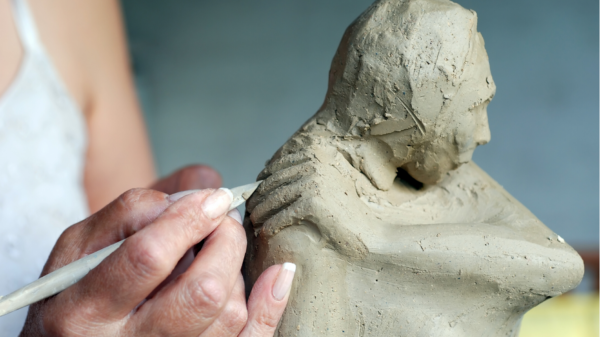
On creating characters
I am a people person. I love talking to people, meeting new people, finding out what makes them tick and what events have shaped their lives. I have an endless fascination with understanding the experiences and motivations of people that I have absolutely nothing in common with. Two people can come across the same situation, and yet their interpretation of it, and their reactions to it can be vastly different.
I am a people person. I love talking to people, meeting new people, finding out what makes them tick and what events have shaped their lives Share on XI studied Social Anthropology for my first degree. This is cross-cultural analysis through constructs such as kinship, law and conflict resolution, gender relations, economics and so on. It’s an incredible subject to study if you want to have your mind blown, and many students left in the first term as it was just too much to wrap their head around. We can often think that everyone is like us, or at least everyone thinks like us and operates from some kind of innate playbook, a cross-cultural eternal ‘truth’. We all have family units that comprise of a mother and a father figure, for example. But then you come across cultures where it is completely normal for the mother figure, and the name ‘mother’, to change if the father remarries. Also cultures where, if the mother dies, the husband marries the wife’s sister, and even cultures where the husband marries the wife’s mother.
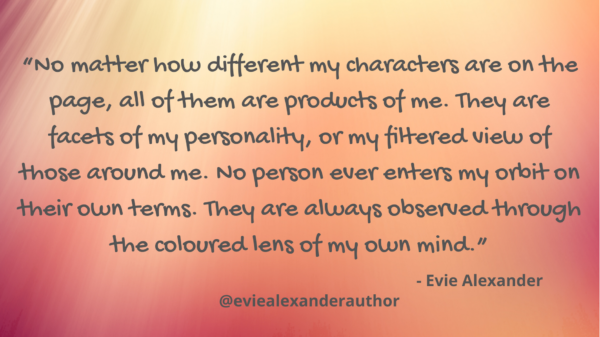
What I learnt was that no matter what I believed to be innate and true, it was just the result of my own cultural upbringing in a middle class British family. Years later, I read the book ‘Watching the English’ by the anthropologist Kate Fox, and saw all my beliefs and behaviours laid out before me. I’m not as unique as I would like to believe. Having spent a formative part of my education finding out about other cultures and other people, combined with other aspects of my personality, has given me a great interest in meeting people and finding out what makes them tick.
When this comes to finding characters for my stories, I usually don’t have a problem. I think about an idea for someone, and then look at what events in their culture or childhood have shaped them the way they are. Then I ask what their wants and needs are at the start of the story and how I can make it difficult for them to achieve what they desire.
In Highland Games, so much of what has shaped Zoe we never get to see. She is the only child of loving parents, but events in their lives from when Zoe was ten have irrevocably changed how they relate to one another and how Zoe has lived her life since. At the start of the novel she is in crisis. She takes radical steps to change her life, based on the fallout from things that happened decades ago. And when she takes these radical steps, I made it difficult for her. This calls into question her actions and makes her dig deep in order to stay true to her path.
Zoe is very different to me, however she is also me. No matter how different my characters are on the page, all of them are products of me. They are my mind, or my mind’s interpretation of those I come into contact with. No person who ever enters my orbit can do so on their own terms. I will always observe them through my lens, give them thoughts and actions they may never be thinking or doing.

See that guy over there? Look at his clothes. He must think a certain way, treat his girlfriend a certain way, I know all about that guy. Then I overhear him talking to someone and I view their conversation through my own filters. Pretty soon I’ve got him all figured out, even though I may be completely off the mark. My mind has laid itself over him and this is the same for my characters. They may be the opposite sex to me, do and say things I never would, but there is always a way that I am in there, in their creation, their words and their actions.
So how do you create characters? Think about some of the most compelling characters you have ever read, met or heard about. You don’t have to like them, they just have to interest you. Hitler is a fantastic example. He didn’t just wake up one morning and decide that he needed to start systematically murdering millions of people. His character was developed over years, including fighting in the First World War, and seeing the aftermath in Germany. Characters can also be incredibly self-destructive, doing things that are contrary to their own happiness.
Characters can be incredibly self-destructive, doing things that are contrary to their own happiness. Share on XWhen you start to create your characters, picture them and describe their physicality. Write their backstory, interview them, write diary entries as if you were them. Then give them wants and needs that are incredibly difficult to achieve or incredibly unlikely to happen. By the time you come to write, you should have an idea of how your character would react if offered a cup of tea, or in a hostage situation.
The more you can understand your characters, the easier it is to write them, and the ultimate goal is to have them write themselves. This happened once to a friend of mine. She was writing a cop-based thriller and had a happily married main character that she loved. However half way through the book he embarked on an ill-fated affair. She told me that in her head she was going ‘nooooo! You can’t do that!’, but the character just went ahead and did it anyway. The more fully formed a character is in your mind, the more likely they are to ignore your plan and go off and do their own thing.
The more fully formed a character is in your mind, the more likely they are to ignore your plan and go off and do their own thing. Share on XEven though I’m creating the words on the page, sometimes I’m just as surprised as a reader might be by what a character does. I remember writing part of ‘Hollywood Games’ in my doctor’s waiting room. I knew that I had to be on time for my appointment, but I equally knew that I would most likely have to wait. So I brought my laptop with me so I could get on with writing. I got to a bit which I had been wanting to write for days, and suddenly a character came up with a line that was so funny, I burst out laughing.
I wasn’t expecting to write it, and my mind only came up with it as my fingers were typing. It was the kind of comment that my character would say, and came out because by this time of writing, I had thought about them so much they seemed completely real.
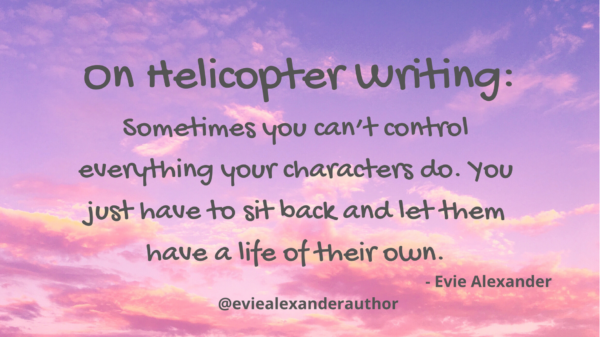
One of the most fascinating ways to discover how a person ticks, whether real or in your imagination, is to use the ‘36 questions for increasing closeness’. This was developed by a psychologist, Arthur Aron, as a way for people to quickly develop closeness by engaging in ‘reciprocal self-disclosure’, revealing increasingly personal information about yourself to another person, as they do the same to you.
He tested this in an experiment, finding that unacquainted pairs of participants who had asked one another the 36 Questions reported a greater increase in feelings of closeness than pairs instructed to ask one another 36 superficial questions instead. Pairs who completed the closeness exercise felt closer regardless of whether they shared certain core beliefs and attitudes, or whether they expected the exercise to work in the first place. And remarkably, their feelings of closeness following the conversation matched the average level of closeness that other participants reported feeling in their closest relationships.
Even though your characters are entirely or mostly constructs of your imagination, this can be a very useful exercise to do in thinking about where your characters have come from, and what has made them the way they are when they step off the pages in your book. Read all about the 36 questions here.
How easy is it for you to create a character? And what are your favourite characters? Get in touch via social media and let me know!




